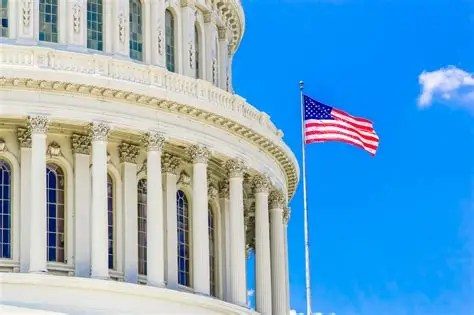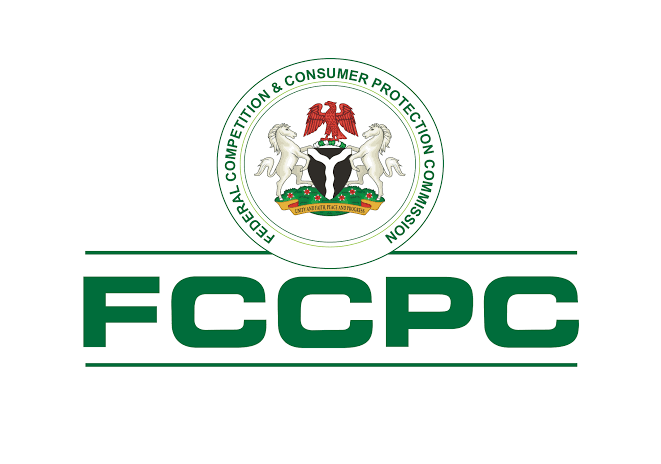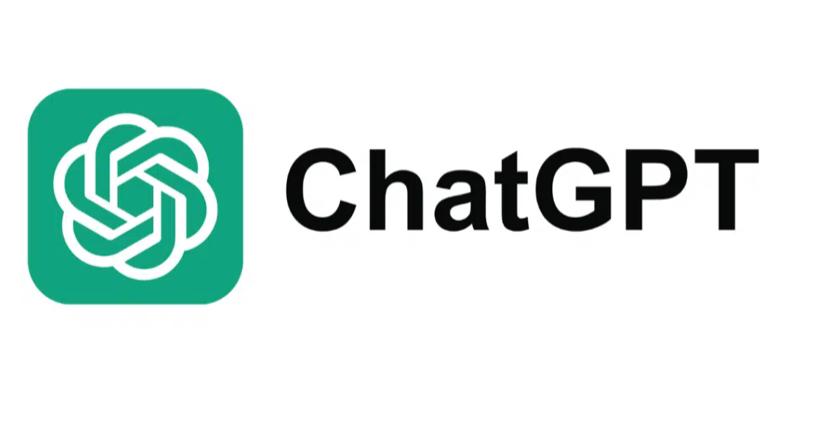When Governor Caleb Manasseh Mutfwang assumed office as Governor of Plateau State in May 2023, he inherited a region beset by insecurity, and economic challenges. So, it was essential that he focused on addressing these issues, which he did by prioritising agricultural revitalisation, modernising livestock farming, regulating the mining sector, and reviving tourism. But first, his administration sought to rebuild public trust in government through inclusive governance and infrastructural development, while advocating for localised security solutions to combat organised criminality disguised as farmer-herder conflicts. Chiemelie Ezeobi writes that against all odds, the governor is quietly laying the groundwork for a resilient and economically vibrant Plateau—one that is beginning to restore hope, bit by bit
When Caleb Manasseh Mutfwang took office as Governor of Plateau State on 29 May 2023, he wasn’t under any illusions. The challenges were deep and wide: poverty, insecurity, and broken public systems. But from day one, he made it clear—his administration would focus on lifting people out of hardship and restoring hope.
In a recent sit-down with journalists, Governor Mutfwang spoke frankly about the road so far—what’s been done, what’s in motion, and why Plateau must get it right, not just for now, but for generations to come.In fact, in his speech to commemorate his second year anniversary he had said: “From the outset, we were clear-eyed about the enormous challenges before us, insecurity, economic hardship, institutional decay, and a loss of public confidence. But we were inspired by your resilience, steadfast support and driven by the belief that Plateau will rise and shine again.
“The last two years have tested us. We faced legal distractions that sought to derail the mandate you freely gave us. We endured the pain of continued attacks on our rural communities, the burden of a broken economy, and the scars of many years of neglect. But through it all, we did not falter. We kept faith. We stayed the course. And we have begun to see the signs of a new Plateau, the Plateau of our dream.”
He further stated that the fight to rebuild Plateau State is not just about infrastructure or statistics, but about restoring dignity to its people. Two years on, Governor Mutfwang believes the evidence of change is becoming visible. “We have begun to see the signs of a new Plateau — the Plateau of our dream,” he said.
Securing Lives, Reclaiming Territory
While describing insecurity not merely as a law enforcement problem, but as “an economic war masked as ethno-religious crisis”, which he said had kept farmers off their land and communities under siege, he said “We endured the pain of continued attacks on our rural communities, the burden of a broken economy, and the scars of many years of neglect. But through it all, we did not falter. We kept faith. We stayed the course.”
In this regard, he outlined several security initiatives, including the revitalisation of Operation Rainbow for intelligence gathering and the launch of an Emergency Communications Centre with a toll-free line. “We are supporting our security agencies and local communities to ensure that peace returns to all our towns and villages,” he said.
In places like Mangu and Wase, where security forces were fired at while escorting tractors to abandoned farmlands, he described the incidents as evidence of “deliberate economic sabotage”. He added that decentralised intelligence networks and state policing are key to lasting peace.
“We are reclaiming territory and planning to restart grazing activities under controlled reserves,” the Governor revealed, noting that some of these efforts were being carried out in collaboration with the Federal Government and development partners.
While debunking the myth around security votes, the governor noted that because federal security agencies—like the army, police, DSS, and civil defence—are stationed in Plateau, the state has to fund many of their operations.
Until state policing becomes reality, he believes this arrangement is necessary. He also questioned the current centralised security model. “You can’t run security from Abuja and expect it to work in real time,” he said, making a strong case for security federalism.
Laying an Economic Foundation
At the heart of the administration’s development vision are three economic pillars: agriculture, mining, and tourism.
Mutfwang is particularly bullish on agriculture. “What we used to call Irish potatoes should now rightly be called Plateau Potatoes,” he said, highlighting Plateau’s dominance in potato production and plans to partner with global seed companies like Agrico. He disclosed that Plateau would host the African Potato Conference in 2028 — a symbolic nod to the state’s growing agricultural reputation.
It’s not just crops that can transform Plateau’s economy. The governor is betting big on livestock, especially dairy. With its cool climate, Plateau is ideal for raising healthy animals, and eggs from the state reportedly last longer than anywhere else in Nigeria.
To this end, he wants to also revolutionise dairy farming, proposing a shift from open grazing to structured models using high-yield Friesian cattle. “Open grazing is economically obsolete,” he declared. “With a structured model, even a family with two improved cows can earn sustainably. Nigeria still has a huge milk deficit, and Plateau is well-positioned to close that gap.”
He’s building on past efforts to introduce high-yield Frisian cattle that can produce up to 20 litres of milk per day—ten times more than the average cow. These improved breeds are being distributed to households to help them build wealth through dairy.
Nigeria still imports most of its milk, and Mutfwang sees this as a missed opportunity. “We can meet our own needs and even export, if we do it right,” he said.
To reduce farmer-herder tension, the government is encouraging ranching and constructing a 500-capacity abattoir built to export standards. The meat from older cattle doesn’t meet these standards, which require younger animals aged between 1.5 to 2 years.
To further this ambition, the government created the Ministry of Livestock Development, Veterinary Services and Fisheries to support ranching initiatives and re-purpose the long-abandoned Wase grazing reserve. “We hope to elevate Plateau State to become Nigeria’s livestock hub both for local consumption and export,” he said.
Turning Tourism from Slogan to Strategy
Everyone knows Plateau as the “Home of Peace and Tourism.” But for years, it was more motto than reality. That’s changing. The state is now working on a detailed tourism master plan with global partners, targeting areas like sports, culture, health, and adventure. Already, hotel bookings are up, especially in Jos, which sits on the way to the Northeast.
Through public-private partnerships, the government is revamping iconic spots like Hill Station Hotel and Plateau Hotels, while resuscitating agricultural assets like Bark Farms and the ASTC. The Jos Wildlife Park is undergoing transformation, and support has been extended to cultural festivals.
Roads, Transport, and Urban Renewal
Roads have become a symbol of change in Plateau. Mutfwang highlighted that the Road Maintenance Agency had rehabilitated about 111 km of urban roads under the Urban Infrastructure Renewal Programme, while the Ministry of Works is reconstructing over 3,000 km of roads initiated but abandoned after the Jang administration. The Ministry of Housing and Urban Development is supervising 66.4 km of roads, with 380 km of rural access roads under construction through the Rural Access and Agricultural Marketing Project.
“Our transportation agenda is not confined to roads alone,” he said. “We signed an MoU with ValueJet Airlines for regular Jos–Abuja and Lagos–Jos flights and partnered with the Nigerian Railway Corporation to revive rail transport.”
In urban mobility, the Tin City Metro service now provides subsidised daily transport for nearly 9,000 passengers, with 15 new buses recently added to the fleet.
Reforming Civil Service and Reviving Institutions
In the civil service, the Governor spoke of progress in restoring lost dignity and capacity. “We cleared the four and a half months’ salary arrears we inherited, resumed regular payment of salaries, gratuity and pensions since 1984, restored promotions and training,” he said. “Plateau workers are fast regaining their pride and the desired motivation to serve.”
He also acknowledged a decade-long recruitment freeze that created a manpower gap. “There are ministries where the next generation of officers is missing entirely. We are rebuilding the civil service from the ground up,” he added.
In education, Mutfwang said confidence was returning. “The Plateau State Polytechnic fell from 13,000 students to 3,000. We’ve now increased enrollment to over 6,000. Confidence is returning.” He added that tuition fees for Plateau indigenes in state-owned tertiary institutions were slashed by 50 per cent, scholarship funding increased by 300 per cent, and over 148 classroom blocks renovated across all 17 LGAs.
Health, Water and the Environment
The Governor described a “remarkable facelift” in the health sector. “We recruited more consultants, completed the abandoned laboratory complex, and installed equipment valued at about ₦2 billion,” he said. Health insurance enrolment rose from 93,605 in May 2023 to 208,550 by March 2025, while over 9,000 vulnerable citizens are now covered under the Mutfwang Health Initiative.
Water supply has also been prioritised. “We awarded a ₦30 billion contract for the Langtang North Water Project and revamped isolated water schemes in Jos South, Bokkos, Mangu, Langtang, and Wase,” he said. Solar-powered boreholes are being installed across all 17 LGAs.
On sanitation, he declared a state of emergency on the environment and revived monthly clean-up exercises. “Today, our streets are cleaner and our cities safer. We have taken steps to reverse our poor ranking in the open defecation index,” he said.
Mining and Legal Reforms
Mining has been part of Plateau’s identity for over a century. But for too long, it was lawless—fuelled by illegal operations, lost lives, and lost revenues.
Thus when Mutfwang suspended mining activities, it was a bold move meant to reset the sector. Young people were abandoning school for quick money in the mines, and communities were suffering.
The state has now set up its own mineral development company to take part directly and ensure the people benefit, not just the middlemen. The Plateau Minerals Development Company was established to bring sanity to the mining sector and enforce environmental standards. “We recently suspended mining to enforce standards. Safety lapses have claimed lives and many resources remain undeclared,” he noted.
In the justice sector, the Governor said his administration had “laid down a sound legal framework” to enhance justice delivery, signing several critical laws to promote mediation and protect the vulnerable.
Inclusive Governance
For the governor, one of his most important wins so far, is restoring people’s trust. To do this, he made deliberate efforts to run an inclusive government by making appointments from across communities to religious and tribes.
“Government must be seen as fair,” he said. And that applies to hiring, too, which was why he has stopped nepotistic practices, especially in tertiary institutions, and insisted on merit.
He reaffirmed his commitment to inclusion across political, religious, and ethnic lines. “Our appointments and projects reflect our core belief in inclusion,” he said. “Local Government Councils across the state are actively implementing various grassroots development projects.”
To displaced communities, he offered reassurance: “We have not forgotten you. We are working in collaboration with the Federal Government and development partners to resettle displaced persons and rebuild broken communities.”
Looking Ahead
While stressing that prudent financial management made all these interventions possible, Governor Caleb Mutfwang is however under no illusion that he can fix everything in four years, but what he’s trying to do is build a new foundation—for jobs, justice, and peace.
He further acknowledged that they may not have reached the mountain top yet, but they are no longer in the valley. “The path ahead is still long, but together, we shall continue to walk it with hope in our hearts and faith in our future. Plateau is rising again — and by the grace of God, we shall all rise with it”.




